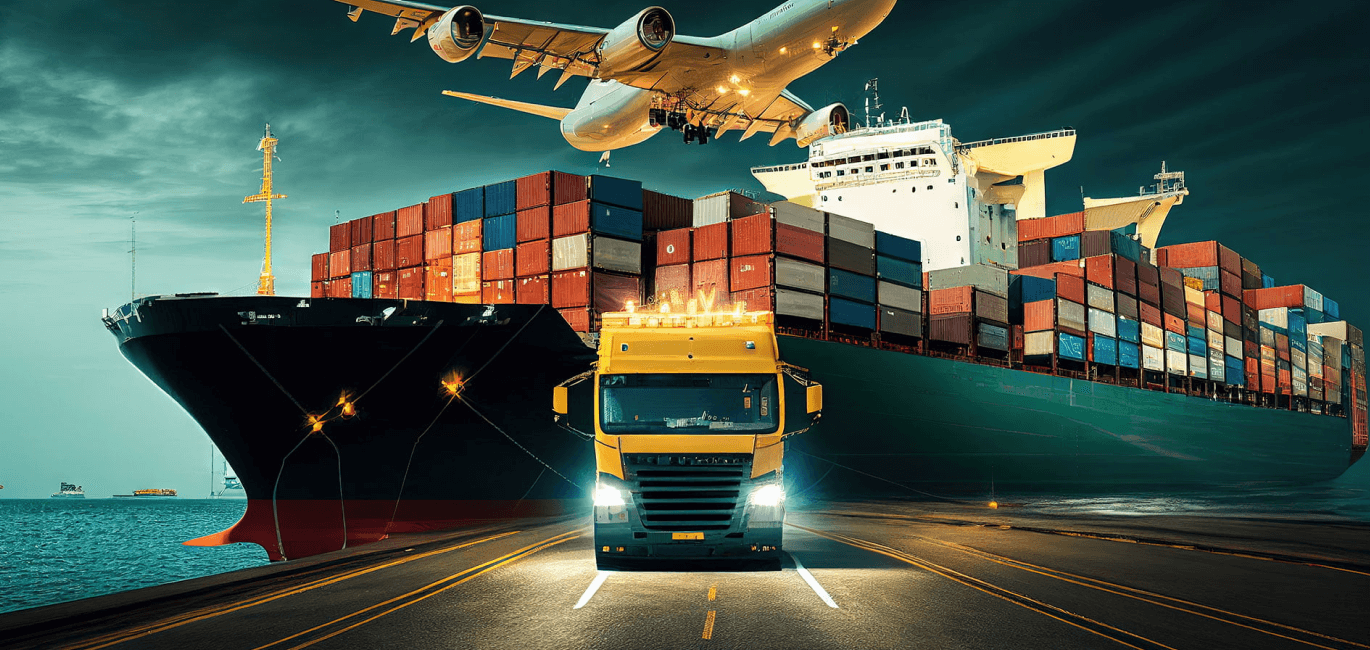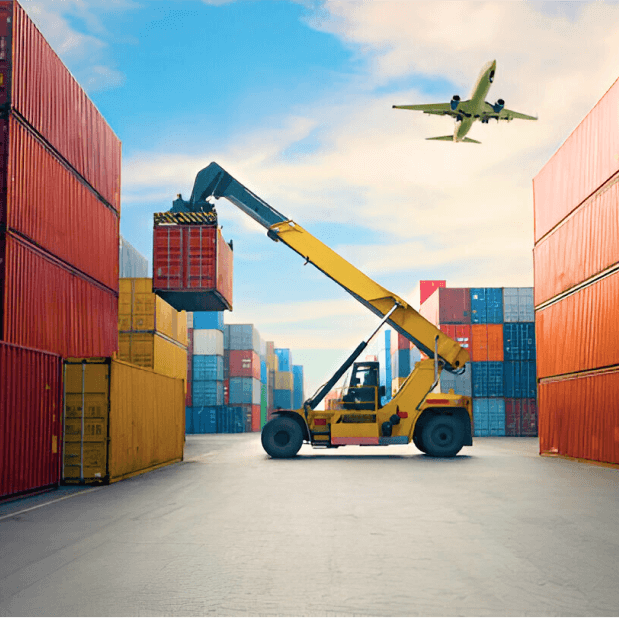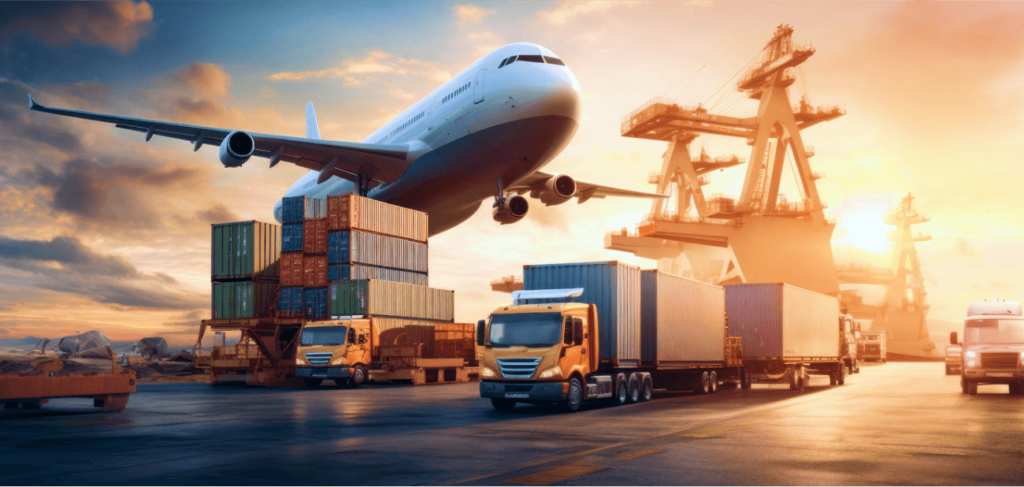
The Impact of Rising Fuel Prices on Transportation Costs
4 Comments
-

Mateo Ryan
I wonder how alternative energy sources like electric vehicles will change the game.
-

Inara Croft
This issue is hitting small businesses hard. Higher shipping costs mean higher prices for customers.
-

Ridley Pine
Fuel price hikes are unavoidable, but better logistics planning and fuel-efficient vehicles can help mitigate the impact.






Nicole Ward
Great insights! Rising fuel prices don’t just affect transportation companies but also trickle down to consumer goods.